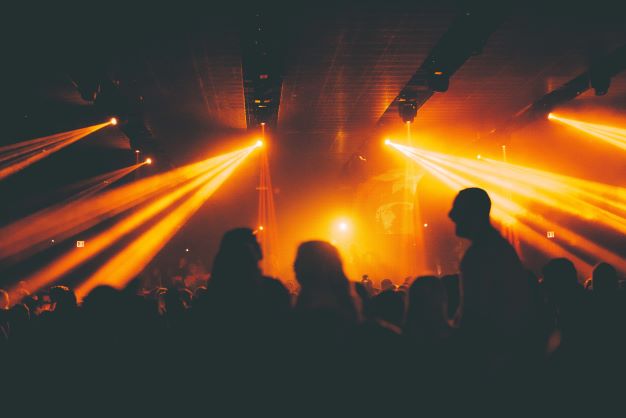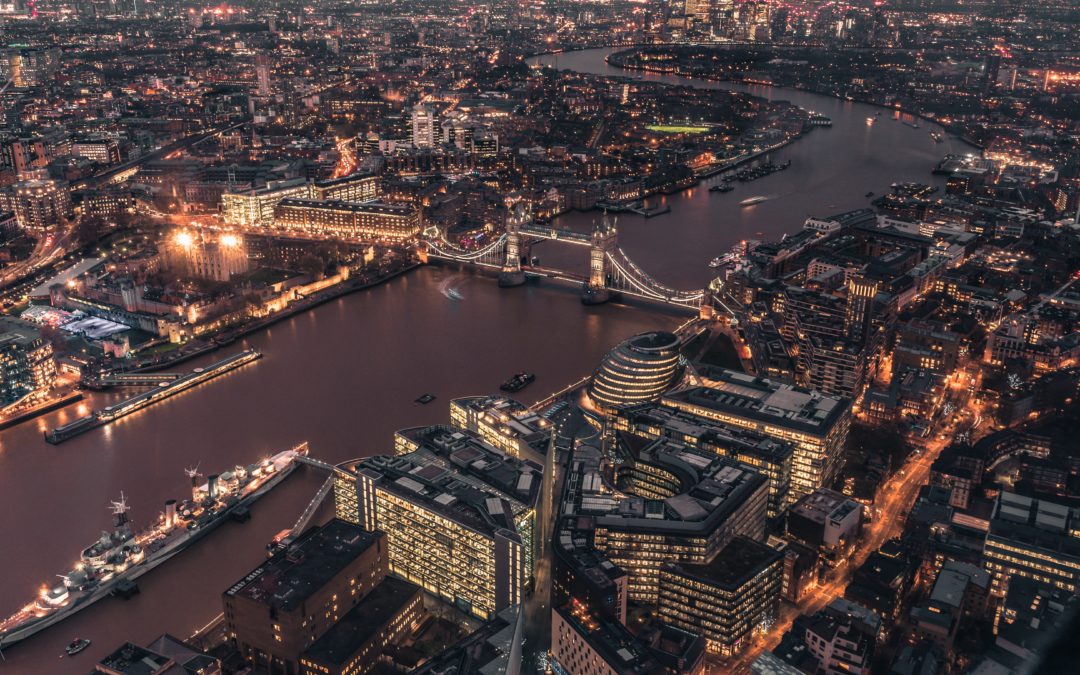Anyone with a passing interest in London’s nightlife knows it’s a rough time for the industry. Although its been bad for a while (35% of London’s grassroots venues closed between 2007 and 2015), a series of high-profile closures this year has brought renewed concern.
The most recent of these was early last month when Wapping-based superclub, Printworks, was told its time was up. Southwark council confirmed that redevelopment of the site had been approved and a last-minute plea had fallen on deaf ears.
Printworks was always a temporary fixture. When the licence was issued in 2016, it was caveated with the strong possibility the site would be scrapped in favour of something more mundane. Regardless of the technicalities, the decision leaves a gaping hole in London’s increasingly fractured club scene.
The former newspaper factory will soon make way for a six-story complex of offices and shops. British Land – who applied for the site in November last year – has said the development will bring 2000-3000 new jobs. While the benefit of fresh employment opportunities is hard to argue with, it will come as scant consolation to those losing their place of work or favourite weekend stomping ground.

Sadly, these stories are becoming commonplace. Earlier this year, two other large-scale venues, The Drumsheds and The Cause, both shut. But why is this happening? And more importantly, what can be done to stop it?
One of the main reasons for closures is out of the venues’ hands. For land owners, it’s more profitable to sell sites for commercial or residential use than to lease them to someone looking to host events. Late-night clubs especially can also attract noise complaints in built-up areas — you never hear of office blocks keeping people up.
Squabbles about land and licences aren’t the only reason. Many spaces are forced to make tough decisions because turning a profit is so difficult. Despite what you might think after spending £7 on a pint, rising rent, bills and business rates can easily outweigh the money brought in by a couple of weekly events. This is especially true for smaller grassroots venues which play a vital role in helping lesser-known musicians springboard to success.
Naturally, Covid exacerbated the situation. During lockdown, many struggling venues were left with little choice but to call it a day. A report from the Night Time Industries Association in late 2021 found that 22% of London venues had shut since the start of the pandemic.
It’s fairly obvious that London’s music scene needs help. To achieve this, venues need to be viewed as cultural institutions, not just places where people congregate to hear music and have beer spilt on them. Protections such as rent caps and business rate relief for independent spaces will go a long way, and land needs to be leased on a long-term or permanent basis to prevent venues from being shut down before their time.
One of the main issues is that the majority of London’s land is owned by private companies, therefore, they are under no obligation to affect their bottom line for the sake of the local community. Changing this would require a huge shift from our current free market approach, but, just because something looks difficult, doesn’t mean it’s not worth trying.
For those wanting to help, write to your local MP, or support organisations like The Night Time Industries Association.
